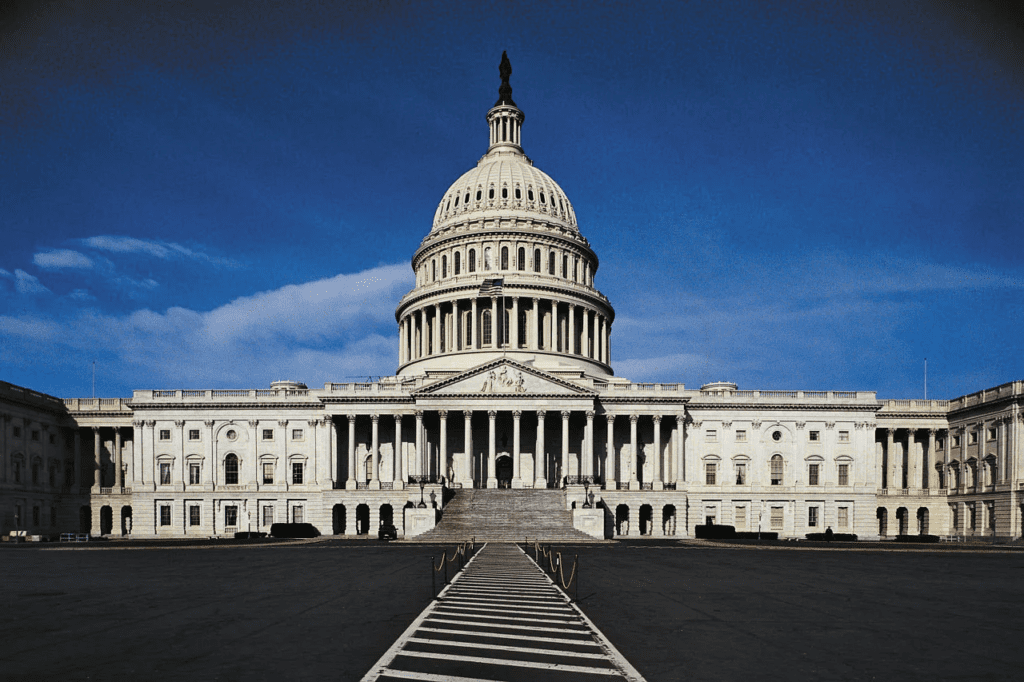Key Points:
- Republicans and Democrats on the House Financial Services Committee disagree on how to regulate stablecoins.
- Both factions are proposing opposing drafts of a new law to regulate stablecoins.
- Democrats opposed giving governments a strong role in monitoring stablecoin issuers and instead advocated for greater digital wallet security.
Despite tones of promise from both sides at a Thursday hearing of the House Financial Services Committee’s digital assets subcommittee, US lawmakers are unable to bridge the divide between Republicans and Democrats with very different ideas for supervising stablecoins.

One of the key differences is a bigger role for state regulators in a version of proposed legislation championed by Rep. French Hill, the subcommittee’s chairman, and a lead role for the Federal Reserve in the Democratic plan championed by Rep. Maxine Waters, the committee’s senior Democrat.
Nonetheless, Hill began the meeting by referring to Waters’ prior comment that the legislators were beginning from scratch this year after coming near to a compromise version last year.
“Although this is only the second stablecoin hearing for this Subcommittee, Member-level conversations have been going on since 2021, and the Committee has worked significantly with our members on both sides of the aisle and with the President’s Working Group report on stablecoins,” he said.
Waters retorted that the Republican wording lacks numerous crucial positions, as did Rep. Stephen Lynch, the ranking Democrat on the crypto-focused subcommittee.
Rep. French Hill also thinks that using the proper legislative framework would help stablecoins become a payment system:
“To echo the Under Secretary and the title of today’s hearing, we want for payment stablecoins to be used as a payment mechanism, which they’re really not today. And the only way we can do that is by passing the appropriate regulatory framework legislation.”
Both Republicans and Democrats in the House agree on shared goals, including addressing consumer concerns and maintaining the US dollar’s position in global trade, which might be supported by dollar-denominated stablecoins regulated in the US.
Assume there is a silver lining for a crypto company anxious about U.S. regulations. In that scenario, this and other committees are demonstrating that the stablecoin issue is substantial enough to merit many congressional hearings in recent weeks.

Stablecoins, such as Tether’s USDT and Circle’s USDC, are pegged to the value of stable assets such as the US dollar and have proven to be an important component of crypto marketplaces.
Most House and Senate members seem to favor action, and if they can reach an agreement on a stablecoin solution, it will be a significant first step toward U.S. control of the business.
“Without action from Congress, however, offshore and opaque projects will continue to thrive and stablecoin issuers will not feel confident to seek opportunities in the United States, and to echo the hearing title, stablecoins will not be stable,” Hill said.
Nevertheless, neither the Senate Banking Committee nor its chairman, Sen. Sherrod Brown, has shown an interest in pursuing a stablecoin bill.
DISCLAIMER: The information on this website is provided as general market commentary and does not constitute investment advice. We encourage you to do your own research before investing.
Join us to keep track of news: https://linktr.ee/coincu
Harold
Coincu News






















